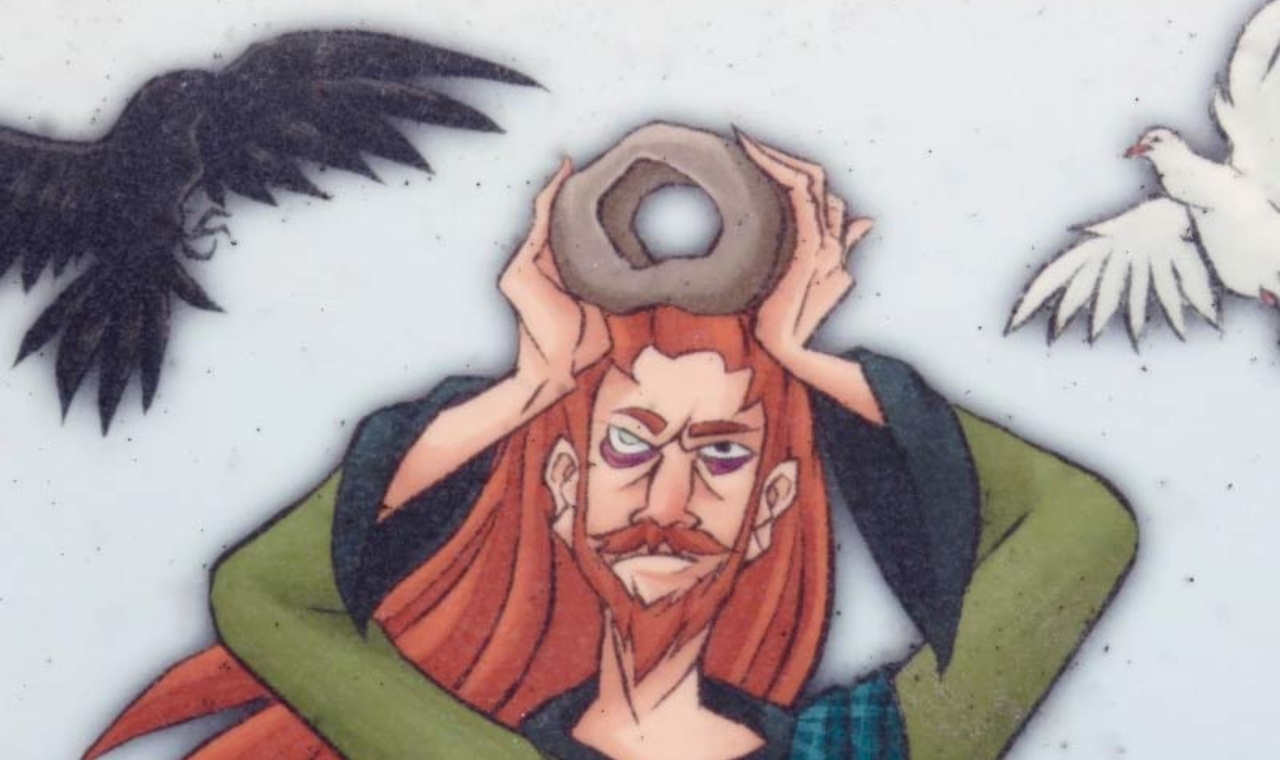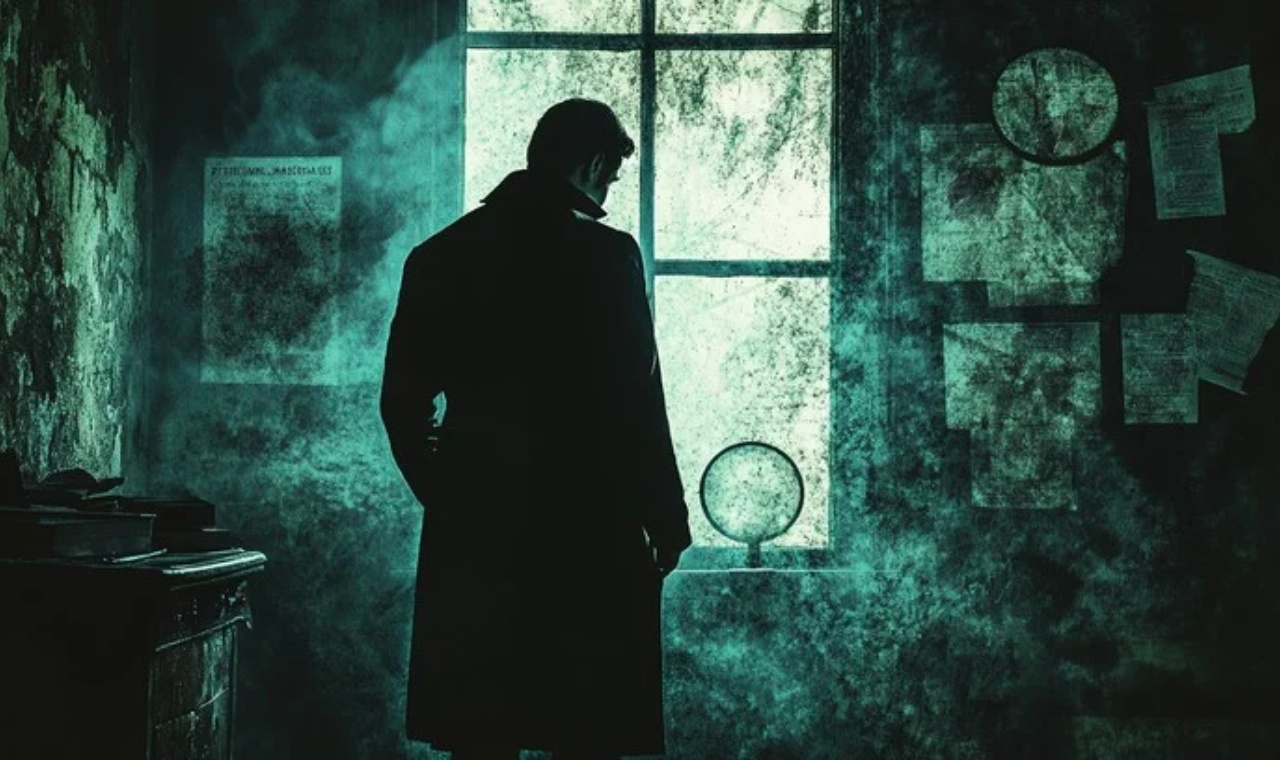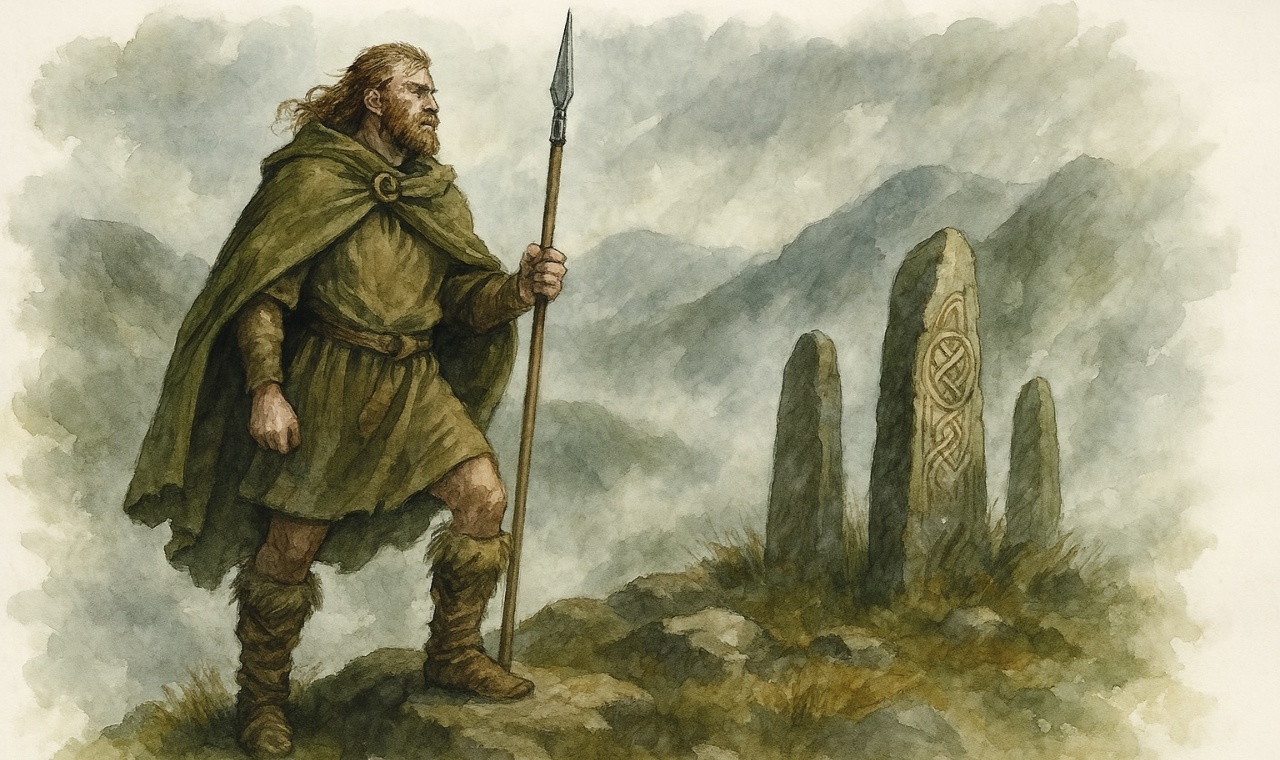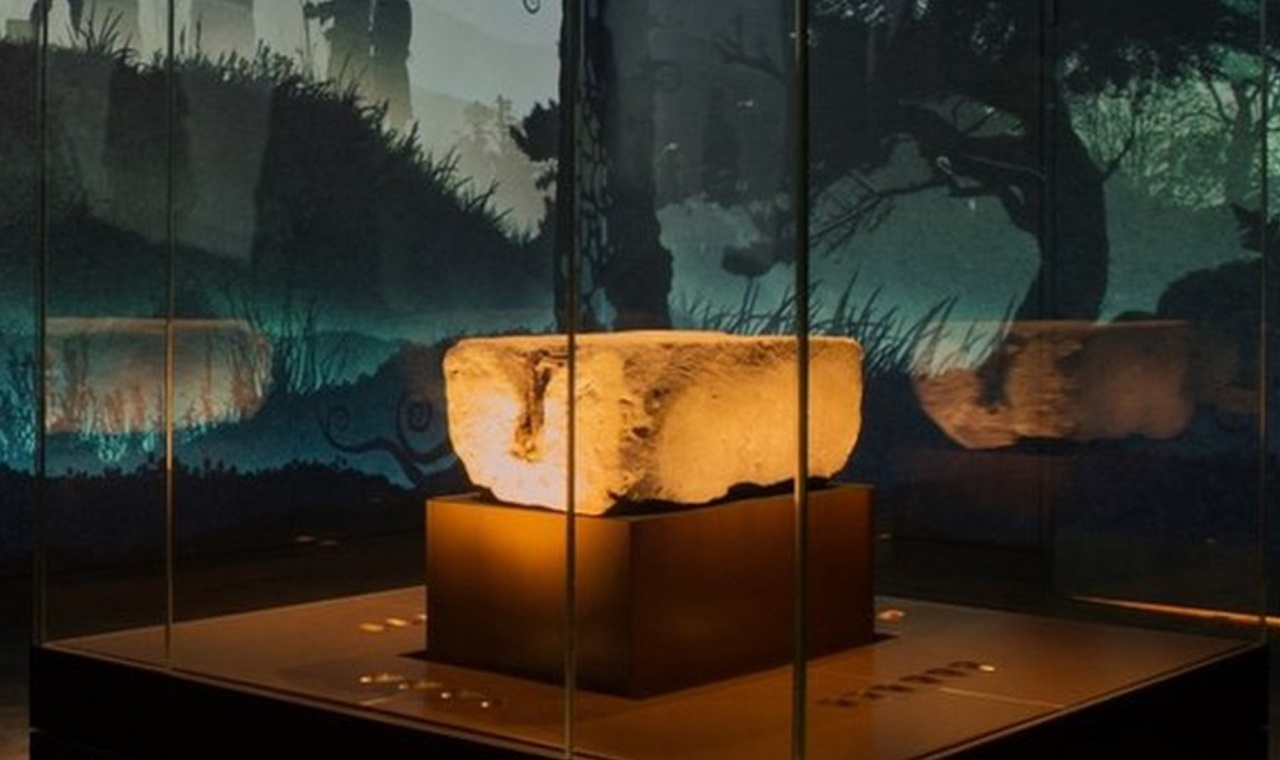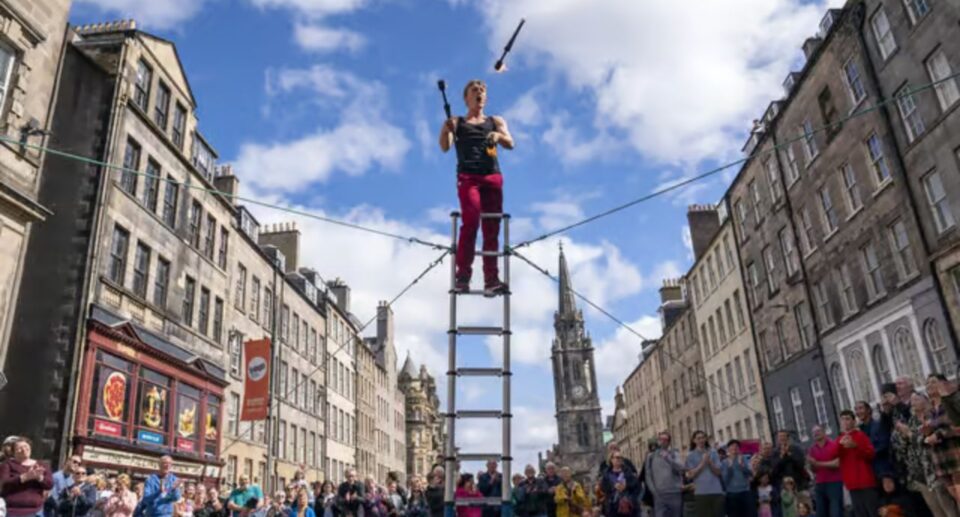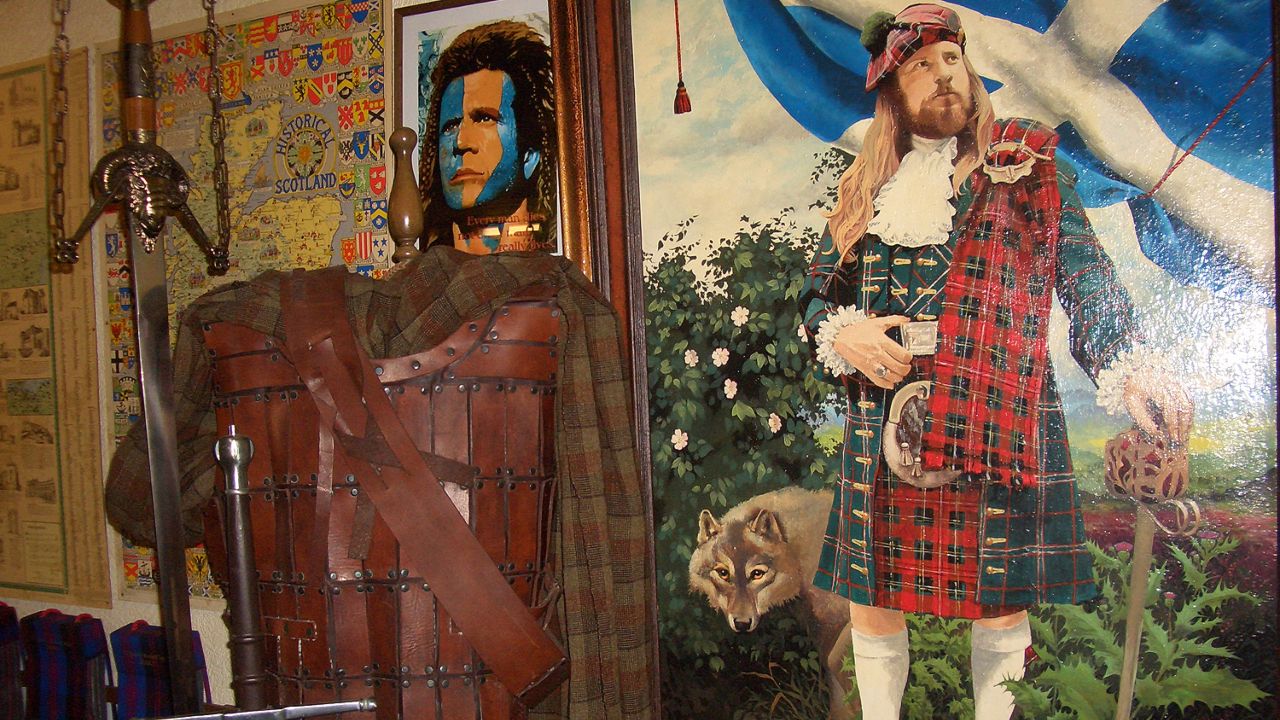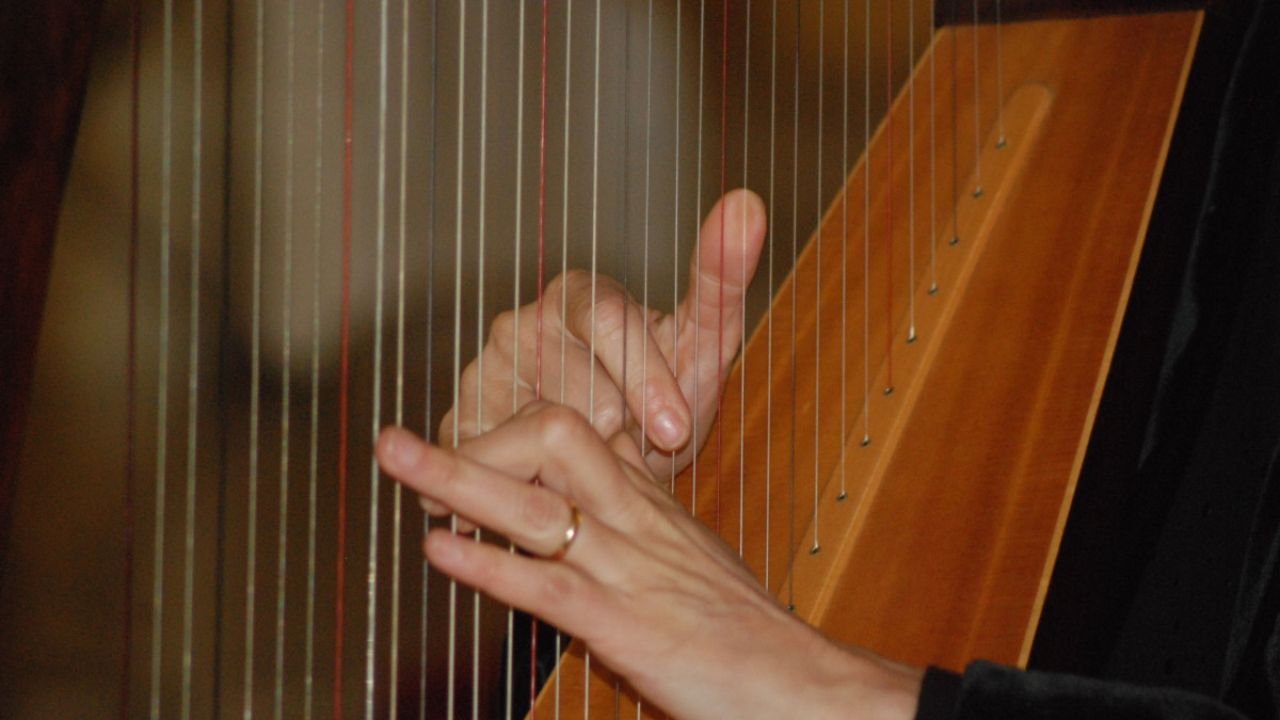Skye Boat Song: Scotland’s Lament in Melody
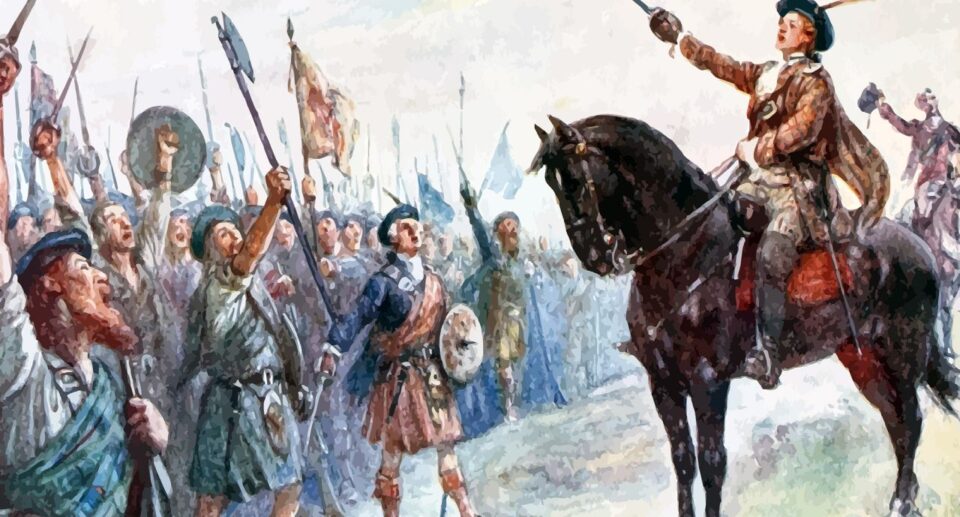
Few songs capture the soul of Scotland quite like the Skye Boat Song. Its haunting tune and poetic lyrics recall not just a journey across the sea, but the turbulent tides of history itself. Both a lullaby and a lament, the song has become a cultural symbol of resilience and remembrance.
The Historical Roots
The Skye Boat Song recounts the escape of Bonnie Prince Charlie—Charles Edward Stuart—after the defeat of the Jacobite rising at the Battle of Culloden in 1746. Disguised and aided by Flora MacDonald, he fled across the waters to the Isle of Skye.
Much like Irish storytellers kept rebellion alive through words, this song became a vessel of memory, carrying Jacobite hopes into melody.
A Melody Across Generations
Originally composed in the late 19th century, the song is often mistaken for an authentic Jacobite-era ballad. Yet, its power lies in how it feels ancient—rooted in Celtic storytelling traditions.
Just as the clàrsach, or Celtic harp carried music through the centuries, the Skye Boat Song bridges past and present, sung in homes, schools, and great halls alike.

Cultural Symbolism
The song is not merely nostalgic, it symbolizes endurance. For some, it recalls the Jacobite cause; for others, it represents Scotland’s deep relationship with exile, longing, and survival.
Its presence in modern media, from school choirs to the TV series Outlander, shows how Celtic music continues to inspire, just as fiddle music keeps dance traditions alive.

Legacy and Continuity
Like the Celtic oak tree, the Skye Boat Song stands as a symbol of strength and continuity. Its verses drift between lullaby and lament, reminding us of how history survives in song.
It is Scotland’s gentle way of saying: though defeat may silence swords, music will always carry the story forward.
Conclusion
The Skye Boat Song is more than a melody, it’s a memory. From the troubled waters of the 18th century to today’s global audiences, it continues to sail across time, carrying Scotland’s soul in its verses.
For more explorations of Celtic music and tradition, visit our blog archive, where history and melody intertwine.

